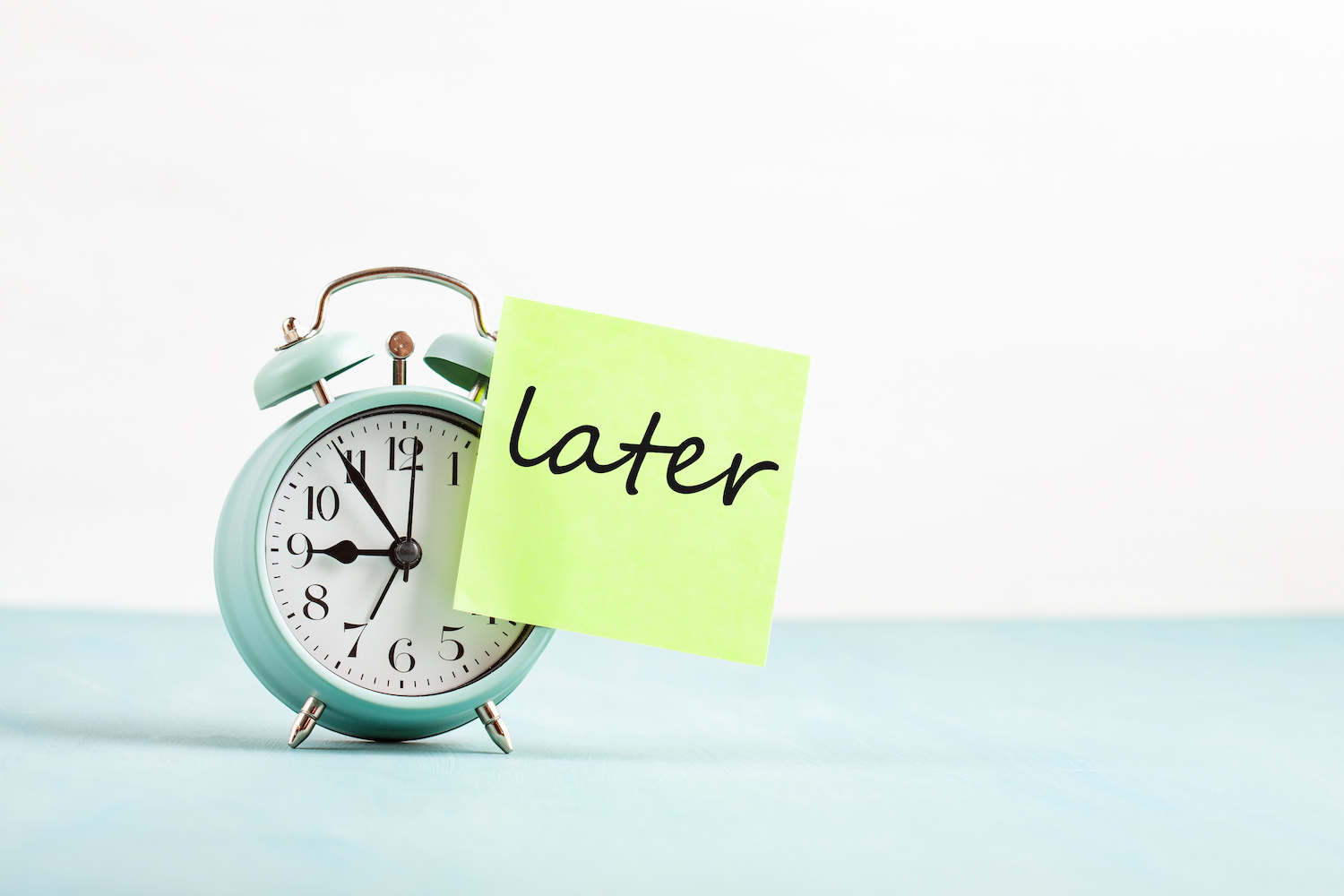Now that the semester is up and running, you may have begun to turn your sights towards your first set of college exams. Even if you do not typically experience anxiety, it is natural to feel a certain level of stress prior to important exams. If you notice yourself becoming more worried than usual in the face of exams, you are not alone. The American Test Anxiety Association estimated that approximately 16-20% of all college students have high text anxiety, and 18% of college students are likely to experience mild test anxiety.
A little bit of anxiety is adaptive—it is a clue to our bodies and minds that we are facing something important, and it mobilizes us to work harder and do our best in the face of whatever challenge arises. However, too much anxiety can have the opposite effect on our performance, and can become crippling. A 2005 study of 4,000 undergraduate and 1,414 graduate students found a mild yet significant negative effect of test anxiety on academic performance. That is to say, the more anxious a student was prior to exams, the lower their GPA became. This was found to be more true for women than for men. The good news, though, is that the effect was small, and that test anxiety can be combatted. Here are a few strategies for helping manage anxiety in the face of upcoming exams:
- Study for the exam in the location where the exam will take place. This strategy relies on the phenomenon of “state dependent learning,” where it becomes easier to access memories if we are in the same “state” that we were when we first learned something. That is to say, you may more easily recall facts during the exam that you learned in the same “state” or “location” while you were studying.
- Plan ahead. Take out some of the worry and avoid last minute stressors by orienting yourself ahead of time and getting some things ready. Double check the time and location of the exam and scout out the location prior to the exam itself, plan how to get there budgeting in any extra time for travel snafus, prepare any materials you may need the night before (pencils, pens, laptops, notebooks, rulers, etc.), get a good night’s sleep the night prior to the exam, and be sure to eat balanced, healthy meals on exam day.
- Pace out your studying and avoid cramming. It can be tempting to cram all the studying into the last minute and to try to memorize a million facts the night before the exam. This can lead to added pressure and poor memory retention. Make a study schedule for days leading up to the exam, tackling a little bit each night, and stick to it!
- BE CONFIDENT. If you go in with a positive attitude, you are less likely to succumb to your anxiety. Tell yourself you can do it, and treat yourself to a small reward after the exam.
Resources:
Test Anxiety and Academic Performance in Undergraduate and Graduate Students
American Test Anxieties Association







